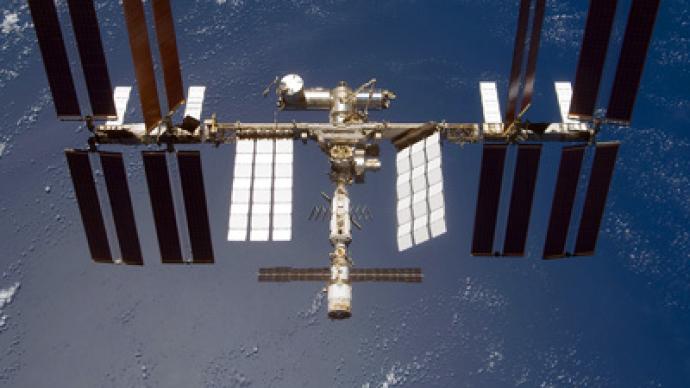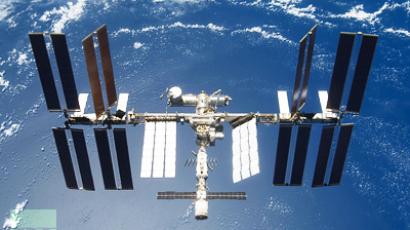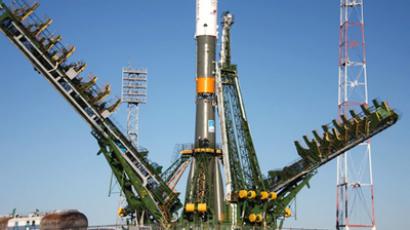Communication restored with ISS, Soyuz

Russian Mission Control restored contact with the International Space Station after technical trouble prevented officials from communicating with or locating it for several hours.
“Communication problems with the ISS, resulting from failure of the fiber optic network in the MCC, were repaired around one hour and a half ago. At the moment, there are no problems whatsoever,” said an operations desk officer at MCC according to RIA Novosti.Earlier reports indicated contact had been lost with both the ISS and the Soyuz TMA-20 spacecraft carrying a three-person international crew, including a Russian, Italian and an American bound for the ISS. Rocket scientist James Oberg explained communications dropped out, both with the ISS and the rocket, which meant it was a communications problem on Earth, not in space. “There was definitely sever hours of anxiety here on earth, maybe nothing in space,” said Oberg. “We don’t even know yet whether the cosmonauts knew that there was a problem, they must have known there was a problem, but how it was being reported.” added Jeff Manber, a space entrepreneur. “It does raise an issue where very often the Russians are not very fast to transmit information of this sort.It took six hours for the western press to be informed, and it is unclear what NASA may have been told, explained Manber.Those involved in space travel train heavily for communications failures, said Oberg. Those in space and in mission control are well prepared for these types of scenarios.“What was special concern on this particular flight that made this loss of communication a little more worrisome to me, was that this was the Soyuz involved in a railway collision,” explained Oberg. “The command module with the communications gear in it was swapped out with the next in line Soyuz which was rushed three months ahead of schedule to make its flight into space.” Manber said incidents like these will likely not change the public perception of space travel or safety, people understand the risks, he argued. He explained it might push some politicians to reignite the debate over ending the NASA shuttle program, but the ramifications will be minimal and short term.














